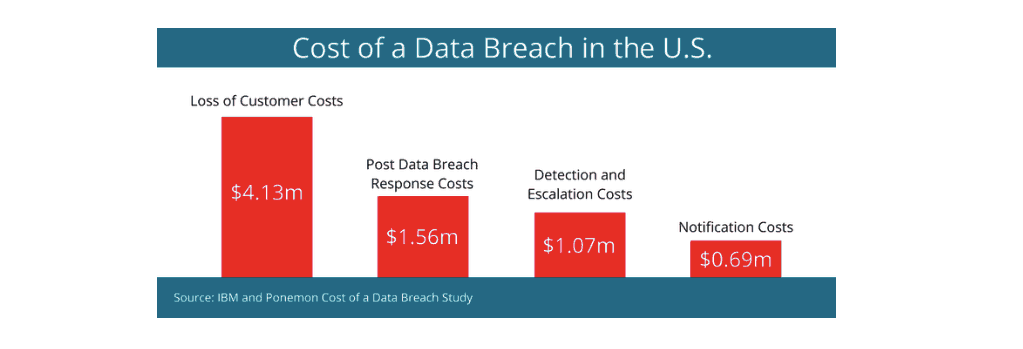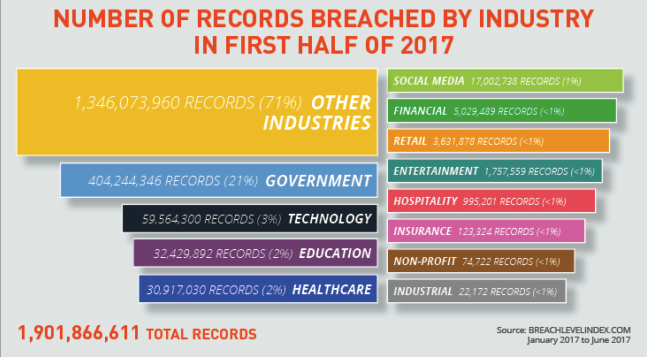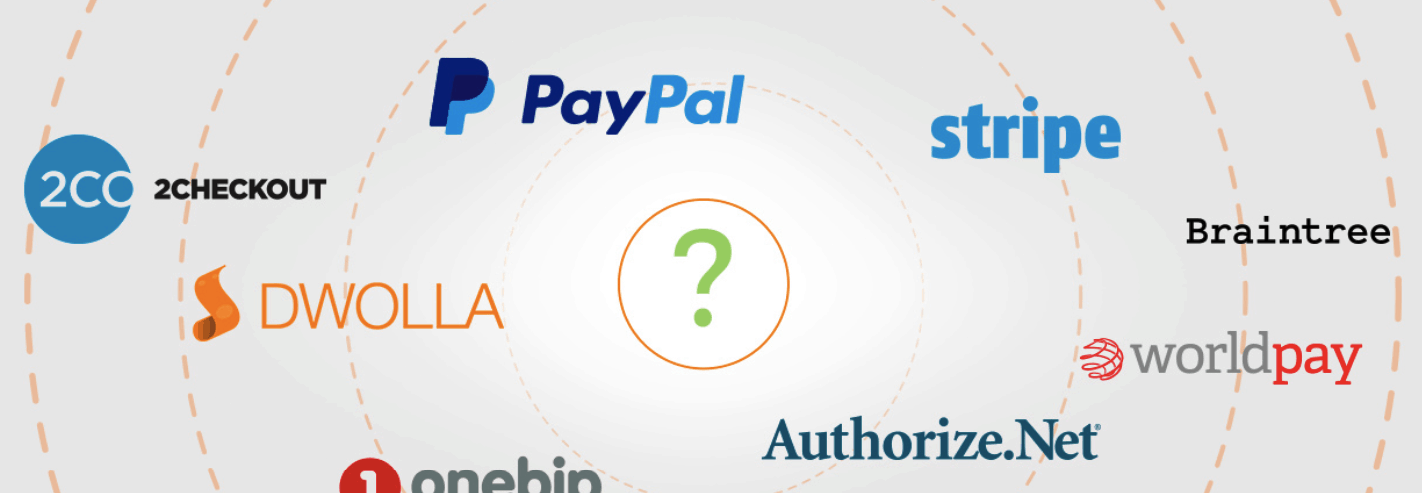Did you know that a cyberattack happens every 39 seconds?
And for businesses that fall victims to it, 66% weren’t confident they could recover? If your website is a primary asset to your business, we recommend protecting it with better security.
Protecting your website can be a time-consumptive and expensive process, but it’s one of the best long-term investments for your business. Click To TweetIt’s not worth risking everything you’ve built on inadequate security measures.
That’s why below we’re going to walk you through 3 practical ways to improve website security so you can protect your site from external hackers.
1. Invest in Better Website Development
Hackers and scammers roam the internet.
It’s for these reasons that the worldwide cybersecurity industry is expected to reach $167 billion in 2019, with the number to increase in the next few years.
While many small businesses believe hackers tend to attack larger organizations, hackers tend to target small business owners due to their inadequate website security measures. In fact, research from the Cyber Security Breaches Survey 2018 shows that 43% of businesses experienced a cybersecurity breach during the last 12 months.

A great way to protect your business is to invest in a bullet-proof website that is secure and trustworthy. We recommend undergoing maintenance checks to strengthen your site continually. Make sure you update your site software, make regular website back-ups, and patch up on vulnerabilities.
If you’re serious about protecting your site, then you should consider working with experienced website developers and getting a custom-developed website. Website developers can create backups of your site so if there is a crash or unwanted development errors, you can restore your latest version and avoid the hassle of a redesign.
Custom development can also help you improve other aspects of your business such as website load speed. Load speed is critical when you’re expanding the business via content marketing through blog posts, images, podcasts & podcast marketing, and video.
If you can’t afford a custom job, you can consider a small business loan to help you improve your web presence faster.
2. Protect Your Passwords at All Costs
Your passwords are your virtual and literal keys to your business. You won’t let a stranger casually enter your home, so why make it easy for hackers to access your site?
There are many ways hackers gain access to your passwords.
You can:
- Give up out password
- Have a weak password
- Repeat the same password across different accounts
- Reveal personal information on social media
- Open a suspicious file from the internet
- Visit an unsecured site
While the list does go on, these are just some of the careless mistakes you can make with your passwords.
Sometimes, even large organizations like Facebook can get hacked. In 2018, hackers accessed the personal information of over 30 million Facebook users. That’s why you don’t reuse the same password across different accounts!

To protect your passwords, we recommend having a good password manager.
Password managers can help you produce unique and strong passwords for every secure website. This way, you can ensure your passwords are kept safe and only shared with close team members.
3. Have a Secure Payment Processor
If you’re accepting payments online, then a secure payment processor is a must. Not only do they dramatically boost legitimacy, trust, and sales, it’s best practice for all businesses operating online.

Even though many of your visitors are now relying on VPN to help them with scammers, customers need to know that you are also doing your share to keep their data safe with you.
From their email to their credit card, consumers need to know that if you collect their personal information, you will protect their personal information from unauthorized access.
But it’s not just consumer information. Without a secure payment processor, you can also compromise your business’ sensitive information and data as well.
That’s why we recommend using a good payment processor or an all-in-one tool to book and invoice your customers on secure networks.
For example, if you’re a service-based business looking to process credit card payments, you can use Housecall Pro’s all-in-one tool. The platform partners with Stripe to process credit card payments safely and conveniently. As soon as the customer scans their card, the customer’s payment information is encrypted, secured, and protected. This helps both ends of security and improves work performance and efficiency.
Final Thoughts
Protecting your website is now a must for every business. The average cost of a malware attack is $2.4 million, which is a massive financial setback for small businesses.
That’s why we recommend investing in better website development, protecting your passwords at all costs, and having a secure payment processor to boost your site’s security measures.
Plugins can also be handy for security. Both WP Login LockDown and WP Force SSL are essential plugins for ensuring the security of a WordPress site, read more about them on the links provided.
Be prepared and protect your website today.